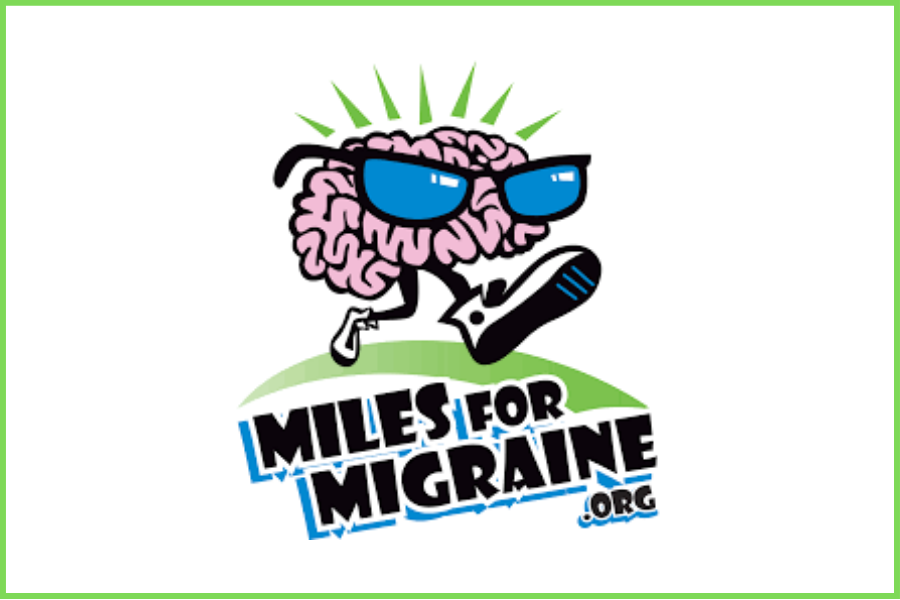How Your Gut and Sleep Affect Migraine
You are currently watching a preview of this interview. Unlock the full version by upgrading to an Access Pass bundle! Get FREE access to 8 expert interviews from Day 1 and Day 2 when you register today!
Please note: The Migraine World Summit’s aim is to bring you a variety of perspectives and expertise, independent of bias or judgment. Alternative theories presented in this video have not been medically-reviewed. Views expressed in this interview do not necessarily represent the views of the Migraine World Summit. Please always consult your healthcare professional and do your own research before making changes to your treatment plan.
Key Questions
- How does sleep affect the brain?
- What kind of information does a sleep study reveal?
- Why is REM sleep important?
- How common is sleep dysfunction in today’s world?
- How does sleep affect migraine?
- What are some of the effects of improved sleep?
- How do you know whether symptoms like fatigue or brain fog are symptoms of migraine, or medication side effects?
- How can people with migraine improve their quality of sleep?
- What role do vitamins play in both sleep and pain?
- What role does gut bacteria, or your microbiome, play in migraine and sleep?
- Can better sleep be as simple as finding the right dose of Vitamin D?
Interview Notes

Stasha Gominak, MD
Retired Neurologist
Sleep Coach
Dr. Gominak attended college in California and medical school at Baylor College of Medicine in Houston, receiving her M.D. in 1983. She completed a neurology residency in 1989 at the Harvard-affiliated Massachusetts General Hospital in Boston. From 1991-2004 she practiced as a general neurologist in the San Francisco Bay area. In 2004, she moved with her husband to Tyler, Texas, and began to concentrate on treating neurological illness by improving sleep. She published a pivotal article in 2012 proposing that the global struggle with worsening sleep was linked to reduced sun exposure. In 2016, she followed with a second article linking the change in the intestinal microbiome to the epidemic of poor sleep, and described a simple process for normalizing sleep and the intestinal bacterial population, called RightSleep®.
In 2016, she retired from office practice to have more time to teach. She currently divides her time between teaching individuals through virtual coaching sessions and teaching clinicians from a wide variety of medical and dental fields. Her popular courses and lectures help clinicians improve their patients’ health and well-being by improving their sleep.

Purchase full access to the entire 2024 Summit. Includes:
- All expert interviews with separate audio (MP3) files & transcripts
- Lifetime on-demand access with no annual fee to 2024 Summit
- Interview Summaries
- Treatment Guidelines
- And much more!
Related Talks for: Day 8 (2021)
COVID in the Real World
Lindsay Videnieks, JD
Understanding Vestibular Migraine
Shin Beh, MD
Overcoming Monthly Menstrual Migraine
Christine Lay, MD, FAHS
Miles for Migraine is a registered 501(c)(3) nonprofit organization with the mission of improving the lives of people with migraine and other headache disorders, and their families, by raising public awareness about this disease, and helping to find a cure. Miles for Migraine produces fun walk/run events, typically a 2-mile walk and 5K and 10K races to raise money for migraine research. We also host adult education days, and a youth program for kids and teens impacted by migraine and other headache disorders.
Get 25% off at axonoptics.com when you use the code MWS25. Axon Optics develops eyewear with proprietary filters that block the wavelengths of light implicated in triggering and aggravating migraine attacks and light sensitivity.
An alumni speaker and new Summit interviewer, Andy published his migraine experience in the critically acclaimed book, A Brain Wider Than the Sky.







